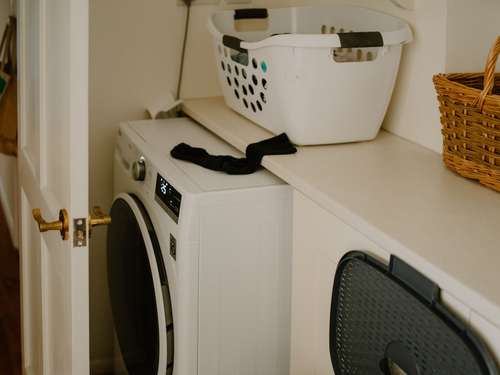As a parent, guardian, or caregiver, ensuring that the children and teens under your care maintain healthy screen time habits is crucial.
Excessive screen time has been linked to nearsightedness (myopia), eye strain, neck and shoulder pain, a sedentary lifestyle, and headaches.
To prevent these issues, it's important to follow recommended screen time guidelines.
In this article, we'll explore the average screen time for different age groups and the recommended screen times.
Average Screen Time by Age
Because of the age differences, the average time kids, teens, and adults spend on their screens cannot be compared.
Below, we will look at the average screen times for babies and teens.
The average screen time for kids between zero and two years is usually around 49 minutes daily.
Furthermore, kids aged 2 to 4 typically have an average screen time of 2 to 2.5 hours, while those between 5 and 8 years have an average screen time of over 3 hours.
On the other hand, those aged 8 to twelve have almost 5 hours a day of screen time, while teens generally have an average screen time of nearly 7.5 hours.

Note that these are just the average screen times for different age groups, as some have been found to spend significantly more time than the rest of their group.
According to a study published in JAMA Pediatrics in November 2021, 12- to 13-year-old children spend 7.7 hours a day on non-school screen time. Nevertheless, we will explore the recommended screen times each age group should have.
Recommended Screen Times for Different Age Groups
- Younger than 18 months
It is recommended that children younger than 18 months avoid screen time. In other words, they should not have access to smartphones, tablets, or TVs. Nevertheless, there's an exception to this rule, mainly when the kid is having a video chat with the guidance of an adult.
- 18 Months to 2 Years
For toddlers between 18 months and 2 years, parents or guardians should try to limit their screen time to less than 1 hour. It is recommended that this age group don't have access to phones or tablets.
Even when children are introduced to digital content, parents should be aware of the type of content they consume. It is mainly recommended that toddlers watch only educational content with an adult or caregiver.
- 2 to 5 Years
Children between 2 and 5 shouldn't be allowed to consume digital content alone. Furthermore, the type of media they consume should be limited to educational and interactive content under the supervision of an adult. The recommended screen time should still be less than 1 hour to prevent visual stress.
- Screen time recommendations by age five or Above
One of the healthy screen time habits for children between the ages of 5 and above is to stay within less than 2 hours of screen time in a day. While recreational content might be encouraged, there should still be a mix of educational content within less than 2 hours. Also, it is encouraged that children and teens should be engaged in daily physical activities to create a balance.
Tips on Setting and Maintaining Good Screen Time Habits
One should follow these steps to maintain healthy screen time habits and screen time recommendations by age.
- Number one is to make a family media plan, letting each age group know how much time they are allowed on screen.
- Secondly, parents or caregivers should try introducing or mixing educational and interactive media to create a balance.
- The third action to take is to try and introduce kids and teens to physical activities. Furthermore, they should also have a good sleep schedule for a sound and healthy life.
Lastly, it should be a family tradition to establish a family screen time curfew. The advantage of having these curfews, especially during meals and family activities, is that everyone gets to savor the moment.




